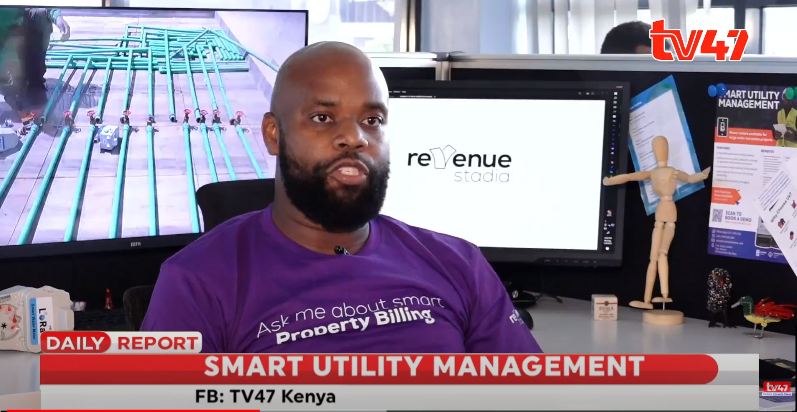Water is essential to life, and its conservation and sustainability are crucial for our planet’s future. As we celebrate World Water Day, it is essential to reflect on the significant role that the real estate industry plays in managing water consumption and reducing wastage. With buildings responsible for approximately 12% of global water usage, the real estate industry has a critical responsibility to reduce water wastage and conserve this finite, precious resource.
To achieve Sustainable Development Goal 6 (SDG 6), which aims to guarantee the availability and sustainable management of water and sanitation for everyone, it is crucial to significantly improve water usage efficiency across all industries and ensure sustainable freshwater withdrawals and supplies to alleviate water scarcity and significantly lower the number of people affected by it by 2030.
One of the critical steps towards achieving this goal is to reduce Non-Revenue Water (NRW), a major issue facing many water service providers in Kenya. NRW represents water that is produced and distributed but never reaches the intended customers due to physical losses (e.g., leaks, bursts) or commercial losses (e.g., metering inaccuracies, illegal connections). In 2019, the Nairobi City Water and Sewerage Company in Kenya reported NRW levels of around 45%. This represents a significant loss of water and revenue for the company, as well as reduced access to water for communities in the region.
Reducing NRW can play a crucial role in achieving SDG 6 and providing sustainable water for all. By ensuring that more of the water produced and supplied reaches the consumers who need it, reducing NRW can aid in closing the gap in providing sustainable water for all. This can increase the effectiveness of water use, lessen water scarcity, and give communities a more dependable and sustainable water supply. Water service providers can boost revenue by minimizing water losses, and avail surplus budgets that can be channelled toward upgrading infrastructure and broadening access to water and sanitation services.
The success story of the Manila Water Corporation in the Philippines demonstrates how comprehensive NRW reduction programs can help improve the financial performance and creditworthiness of water service providers, while also expanding access to water and sanitation services for communities.
The company was facing a crisis in the late 1990s due to high levels of NRW, which were believed to be about 60%. This resulted in low revenues, hefty operational costs, and a bad credit rating. However, by installing new meters, fixing leaks and other physical losses, and implementing better billing and collection procedures, Manila Water was able to effectively handle this problem. By 2015, the company had reduced its NRW rate to around 11%, resulting in significant improvements in its financial performance and creditworthiness. This allowed the company to secure financing for the expansion of its water supply infrastructure, which helped to improve access to water and sanitation services for thousands of people in the Manila metropolitan area.
Reducing NRW is not just an engineering challenge, but a social and economic imperative. By investing in comprehensive NRW reduction programs, water service providers can boost revenue, minimize water losses, and avail surplus budgets that can be channelled toward upgrading infrastructure and broaden access to water and sanitation services.
The celebration of World Water Day is an opportunity to raise awareness about the importance of sustainable water management and to highlight the efforts of organizations and individuals around the world to improve access to clean water and sanitation. The theme for World Water Day 2023 is “Be the change you want to see,” which underscores the importance of ensuring everyone has access to clean water and sanitation.
On this World Water Day, let’s act towards reducing Non-Revenue Water by supporting comprehensive NRW reduction programs and ensuring everyone has access to clean water and sanitation, including the most vulnerable and marginalized communities.







